- Table of Contents
- 1. Introduction
- 2. New Jersey Motorcycle Insurance
- 3. New Jersey Motorcycle Helmet Laws
- 4. New Jersey Motorcycle License Laws
- 4.1 New Jersey Motorcycle Permit
- 4.2 New Jersey Motorcycle Endorsement & License
- 4.3 New Jersey Motorcycle License Test
- 5. New Jersey Motorcycle Passenger Laws
- 6. New Jersey Lane Splitting Laws
- 7. New Jersey Motorcycle Equipment Requirements
- 8. Sources
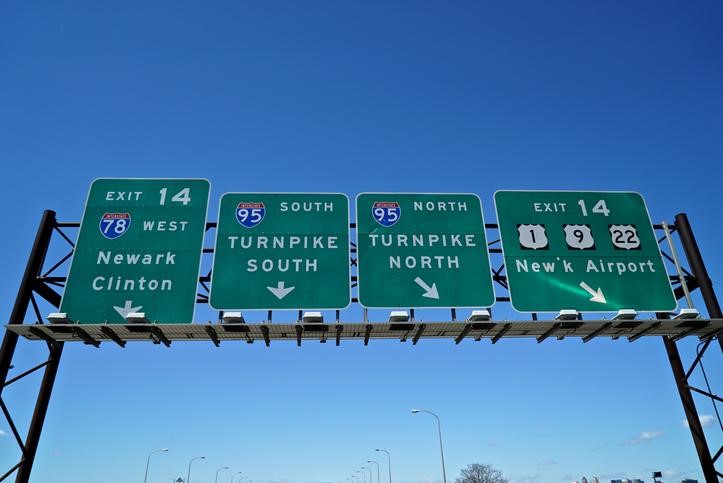
1. Introduction
Throughout the United States, there are general rules of the road that all motorcyclists must abide by in the interest of promoting safety and avoiding trouble with the law. Every rider has the common sense to go the posted speed limit, keep an eye on their surroundings, and stop at the traffic lights. But in states such as New Jersey, there may be additional or specific guidelines regarding what motorcyclists can or cannot do. Both novice and experienced riders would benefit from taking the time to review the latest version of New Jersey’s motorcycle laws.
This infographic will provide an overview of the essential motorcycle laws and a step-by-step explanation of the licensing process in the state of New Jersey.
2. New Jersey Motorcycle Insurance
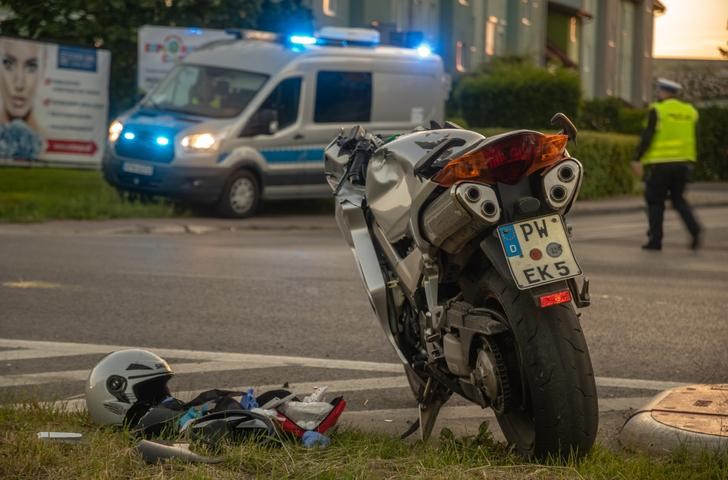
It is mandatory for motorcyclists traveling through New Jersey to acquire many forms of motorcycle insurance before they can begin operating in this state. All motorcyclists must have proof of owning the following New Jersey motorcycle insurance:
- Liability insurance coverage
- Personal injury protection
- Uninsured motorist coverage
Your New Jersey liability insurance coverage must be able to cover the minimum costs for the following accident-related fees:
- $15,000 for bodily injury to a person per accident
- $30,000 for bodily injuries to multiple people per accident
- $5,000 for property damages sustained per accident
If you want to purchase additional protection for your health and property, you will need to acquire other forms of insurance coverage. Depending on specific circumstances that occur within an accident, you may want access to additional financial protection:
- Collisions coverage
- Comprehensive coverage
Whenever you are riding your motorcycle, you must carry proof of ownership on your person or secured somewhere on your motorcycle. You must be able to produce the relevant documents during the following situations:
- Before a vehicle inspection
- Following an accident
- Pulled over for a traffic violation
- Stopped in a spot check by a police officer
Should you be found guilty of providing false information when making a claim or applying for New Jersey motorcycle insurance or fail to produce proof of ownership when asked by local law enforcement, you may face the following penalties:
- Incarceration
- Community service
- Suspension or loss of driver’s license
- Fines up to $15,000 dollars which increase with additional violations
3. New Jersey Motorcycle Helmet Laws
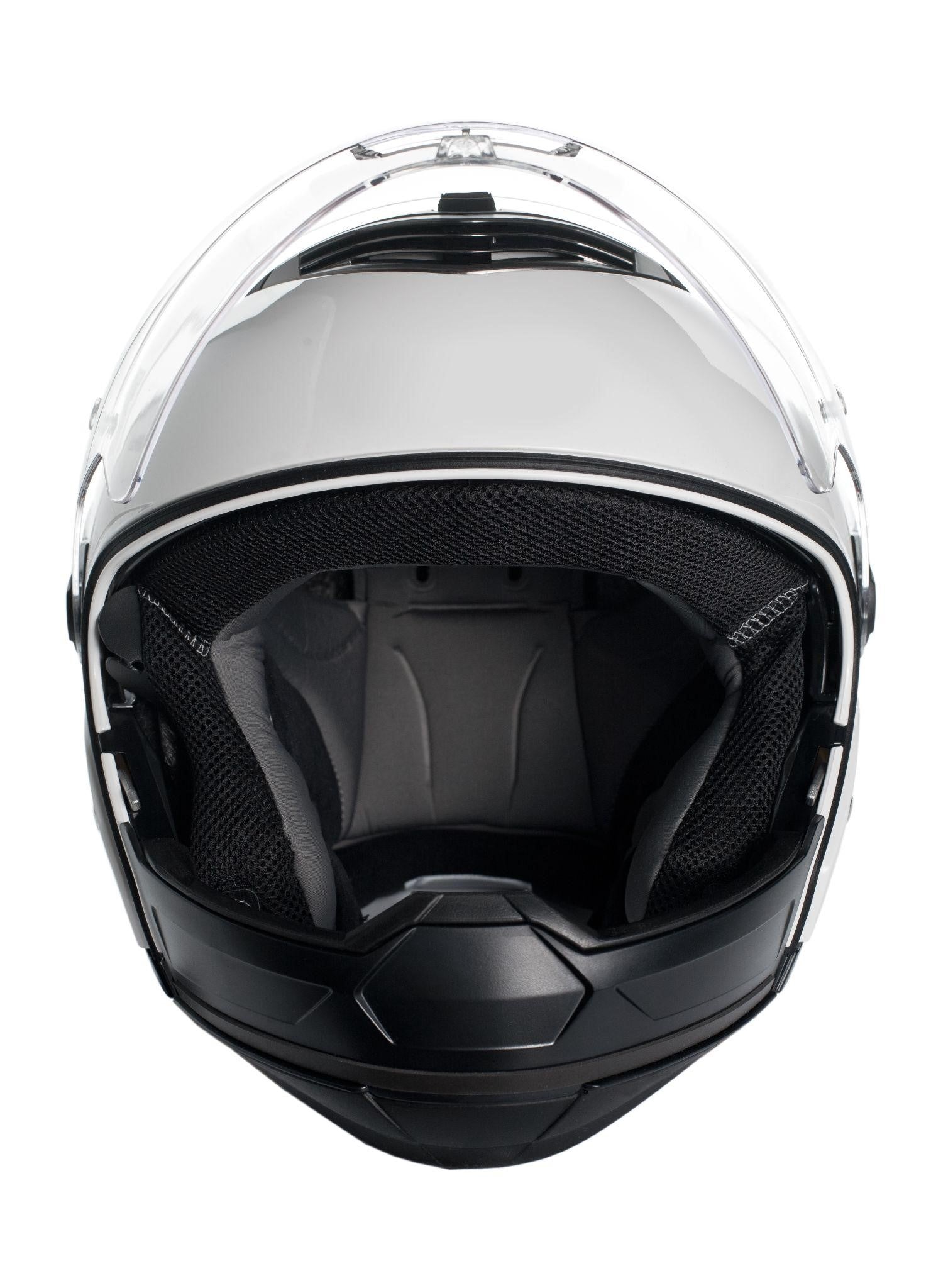
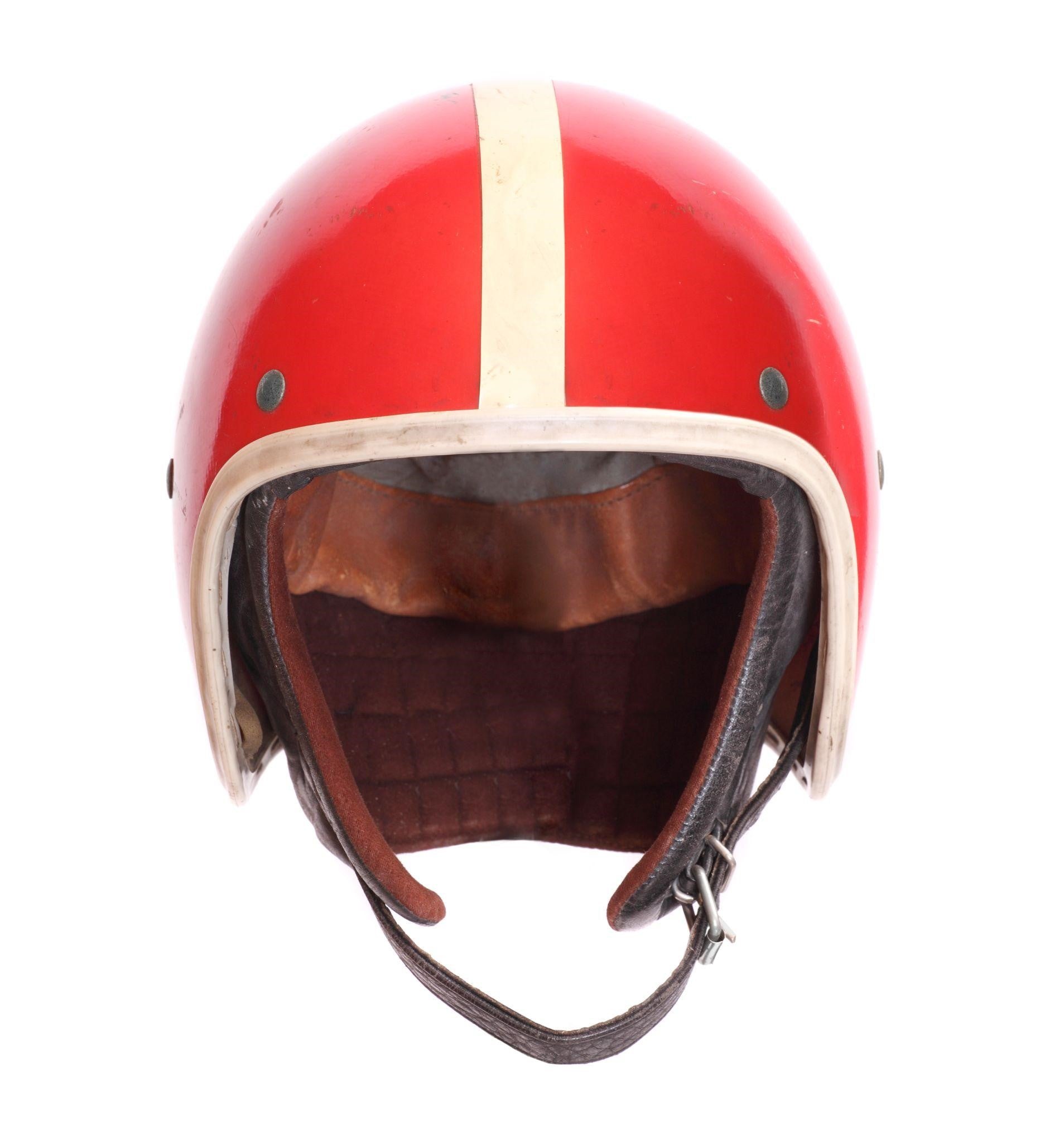
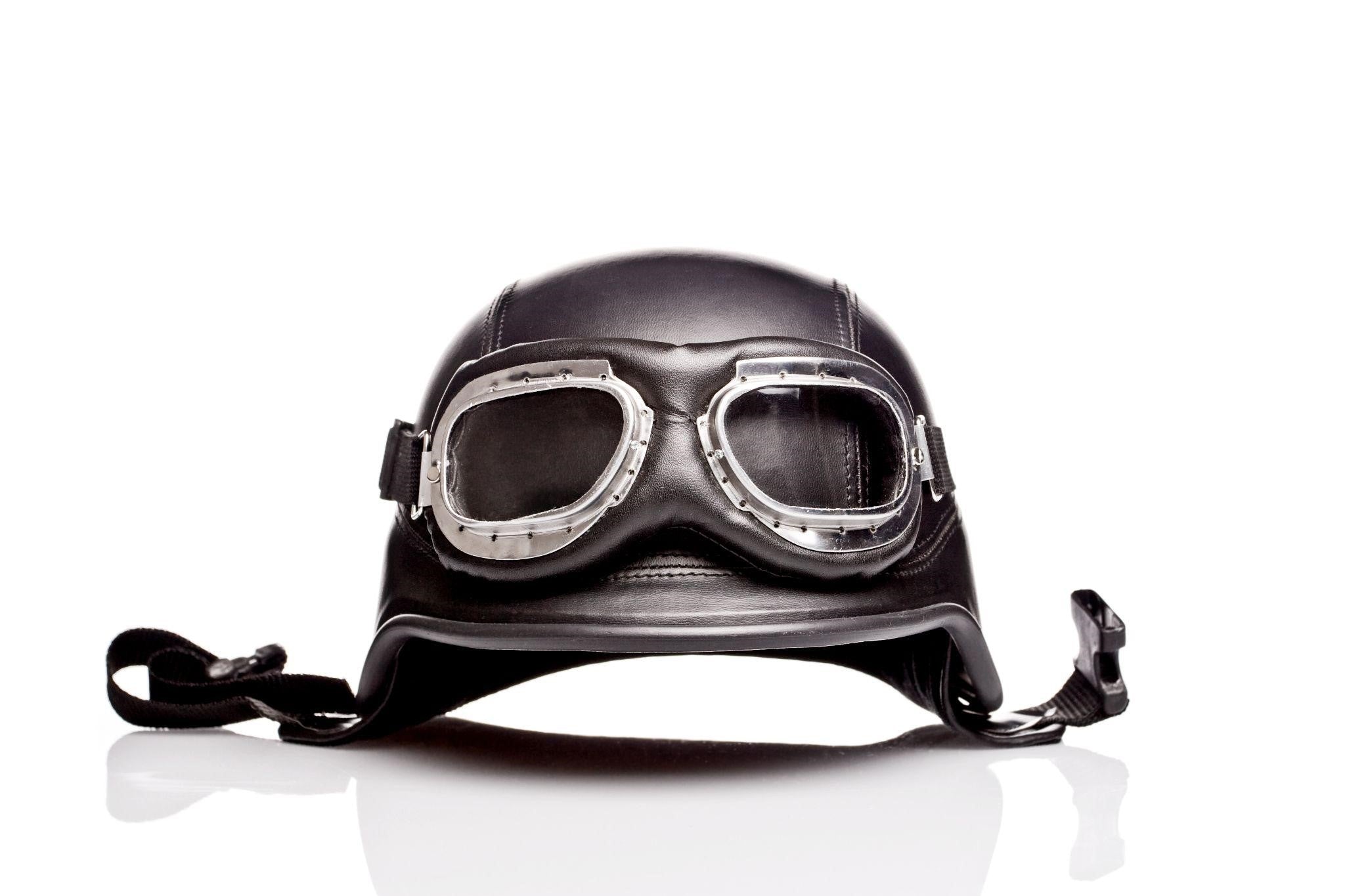
As New Jersey follows a universal motorcycle helmet policy, all motorcyclists regardless of age are required to wear protective headgear when they are operating their vehicles in this state.
Recent studies have shown that it is overall beneficial to have a motorcycle helmet handy as it has been instrumental as a safety precaution during collisions and accidents:
- Between 2013 to 2017, getting into a motorcycle accident in New Jersey had an 82% chance of resulting in severe or fatal injuries
- In 2016, there were a total of 2,200 motorcycle accidents which resulted in 69 fatalities
- More than two-thirds of motorcycle accidents occur due to excessive speed
- At least 40% of motorcycle fatalities occur when turning or going around corners
An approved motorcycle helmet accepted in New Jersey must satisfy the requirements provided by the U.S. Department of Transportation and satisfy New Jersey’s state standards. It must also have been manufactured and labeled by the American National Standards Institute. The three types of models that meet the criteria provided above while providing protection and visibility are three-quarter, full-face, and half helmets. Full-face helmets have the best protection, three-quarter helmets have moderate protection, and half helmets have the least protection.
Listed in this table below are the features that your motorcycle helmet is required to have if you wish to operate a motorcycle in New Jersey:
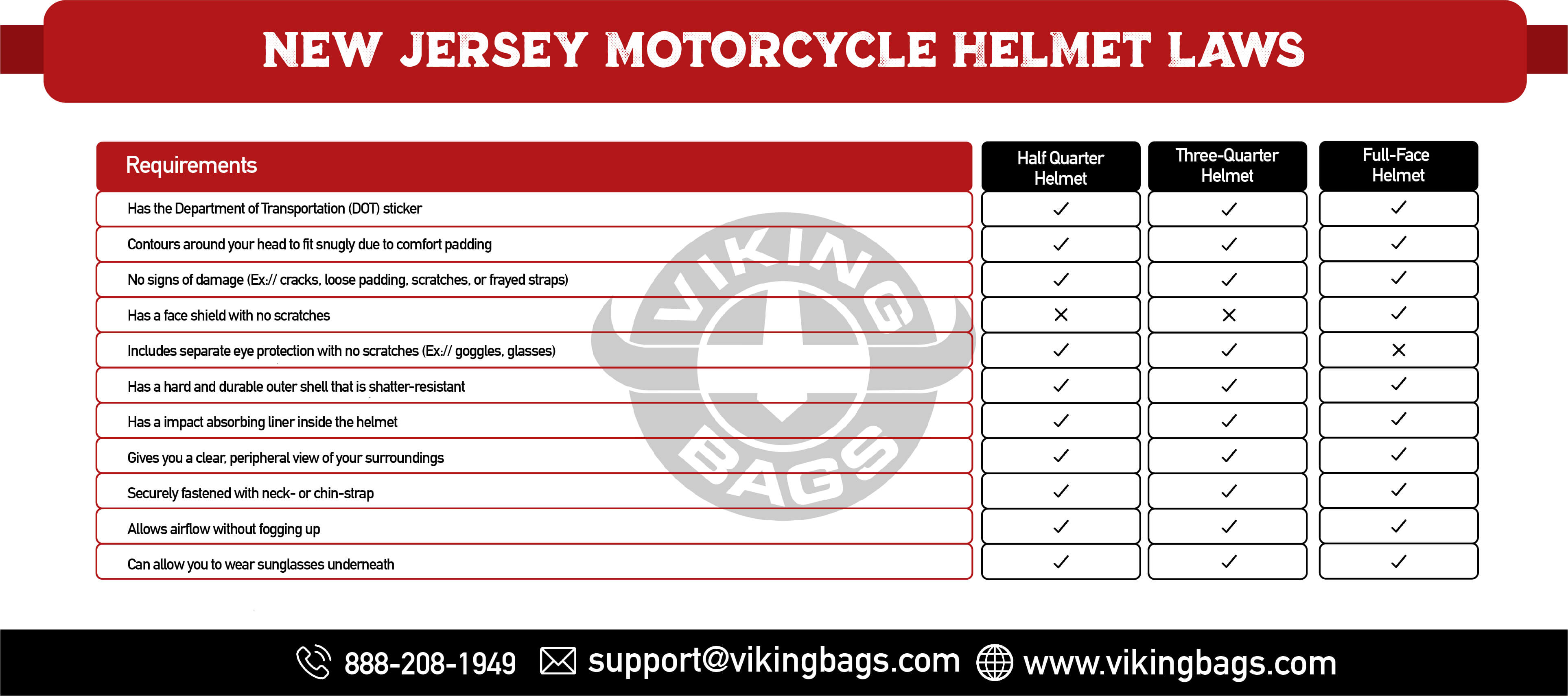
4. New Jersey Motorcycle License Laws

4.1 New Jersey Motorcycle Permit
You can begin applying for a New Jersey motorcycle permit if you are at least 17 years old or above.
You will have to pay a fee of $5 to be issued a New Jersey motorcycle permit that is valid for 90 days.
To be given the permit, you must complete the following tasks and fulfill all of the listed criteria:
-
If under the age of 18:
○ Have signature and consent from parent or legal guardian
- Complete a motorcycle permit application from an MVC agency
- Pass the 6 Points of I.D. Verification
- Pay the required fees
- Pass the knowledge exam
- Pass the vision exam
When you are operating with a New Jersey motorcycle permit, you will have to comply with the following restrictions as you practice:
- You cannot operate between one-half hour after sunset to one-half hour before sunrise
- You cannot carry passengers
- You cannot ride on any state toll road or limited-access highway
4.2 New Jersey Motorcycle Endorsement & License
You are eligible to receive a New Jersey motorcycle endorsement or license if you are at least 18 years old or above.
You will have to pay a fee of $24 to be issued a New Jersey motorcycle endorsement or license that is valid for four years.
Listed below are the requirements you will need to fulfill to obtain a New Jersey motorcycle endorsement or license. Depending on your age when you approach the final step, the list of criteria may differ between motorcyclists:
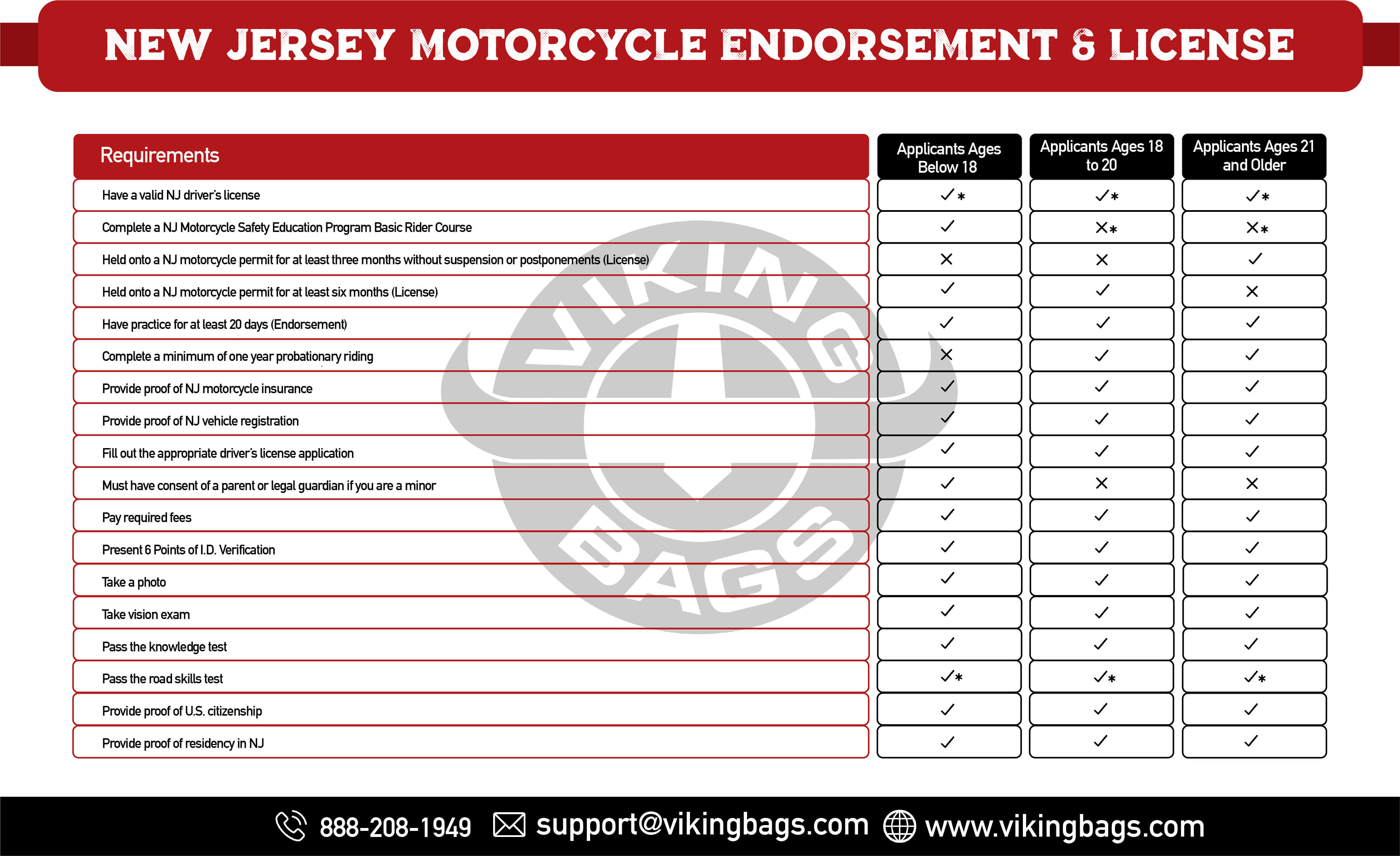
*When applying for either a New Jersey motorcycle endorsement or license, it is possible to acquire either one without having to complete a NJ Motorcycle Safety Education Program Basic Rider Course.
*Though only mandatory for minors, completing the NJ Motorcycle Safety Education Program Basic Rider Course means you do not need to apply for a New Jersey motorcycle permit.
*When you are applying for a New Jersey motorcycle license, you will first have to acquire a Probationary Motorcycle License and comply with all Graduate Driver’s License Restrictions
*Submitting a Certificate of Completion for the NJ Motorcycle Safety Education Program Basic Rider Course will give you the option of waiving the roads skills portion of the New Jersey Motorcycle License Test.
4.3 New Jersey Motorcycle License Test
Knowledge Portion:
- Will be completed on touch-screen computers
- Complete 50 multiple-choice questions
- Questions will be based on content from New Jersey Motorcycle Operator Manual
- Will be tested on understanding of road rules and safe riding practices
- Requires a passing grade of 80% or higher
Riding Skills Portion:
- Will be conducted at an MVC controlled, off-street test site
- Your motorcycle will be subjected to a pre-ride inspection to ensure it meets safety standards
- Demonstrate basic understanding of motorcycle operation
- You will be tested on your ability to stay within the speed limit, adjusting speed and position, maintaining visibility, operating under stress, accelerating, braking, turning, stopping, and swerving
- The examiner will grade you based on how well you ride at safe speeds, stay within the lanes, and demonstrate riding maneuvers
5. New Jersey Motorcycle Passenger Laws
In New Jersey, there is no minimum age requirement for motorcycle passengers wishing to be seated on your motorcycle. Any motorcycle passenger regardless of age is required to always wear an approved motorcycle helmet. The passenger’s motorcycle helmet must satisfy the same requirements as the operator’s protective headgear.
If you wish to improve safety for the sake of your passenger, you will need to equip and adjust the current state of your motorcycle. The required equipment for carrying an additional person include a designated passenger seat and footpegs.
Your passenger should never be seated in front of the driver’s seat. There must be space between the passenger and operator’s seats so that the passenger can fully extend their legs while the operator can drive without distractions. The designated passenger seat can only be positioned at the following places on your motorcycle:
- At the back of a large driver’s seat
- Towards the rear as a separate saddle
- Fixed to the side as a sidecar
The lack of an age restriction means that there are other criteria to check when determining who can safely ride on your motorcycle. A popular rule of thumb is that a passenger must be able to reach and plant their feet against the footrests. Therefore, it is best to avoid transporting young children or elderly individuals. Other characteristics to look for in a motorcycle passenger include the following:
- Your passenger must be able to reach the footrests
- Your passenger must wear an approved motorcycle helmet
- Your passenger cannot be carrying any packages
- Your passenger must be able to understand and follow your directions
6. New Jersey Lane Splitting Laws

Though New Jersey does not possess any laws that explicitly declare lane splitting as legal or illegal, it is best to avoid this practice if possible. Lane splitting involves getting precariously close to larger vehicles and moving in their blind spots. If an accident occurs, you will likely be found at fault for the incident and will be denied compensation. If you wish to bypass traffic, you will have to do so at your own risk.
The following examples are motorcycle behavior that fall under the category of lane splitting:
- Riding on top of the dividing lines between lanes
- Riding in between adjacent rows of stopped vehicles
- Overtaking a larger vehicle ahead in the same lane
However, thanks to the high maneuverability and compact design of motorcycles, riders are entitled to certain rights regarding how they can act when on the road. Motorcyclists are allowed to attempt the following behavior in New Jersey:
- You are allowed to make full use of the space within your current lane
-
You can only share a lane with another motorcycle if:
○Both parties stay apart at least two abreast
○Both parties consent beforehand
7. New Jersey Motorcycle Equipment Requirements
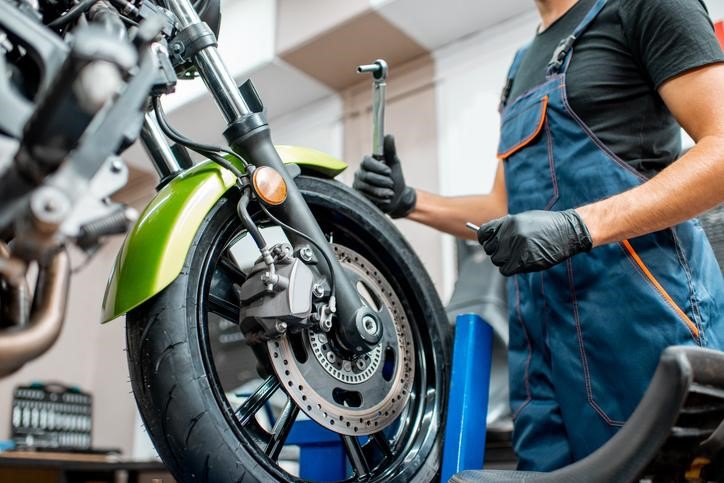
While you are not required to submit your motorcycle for periodic vehicle and safety inspections, it is still your responsibility to examine the state of your motorcycle and make sure it is in proper working condition. Due to the lack of redundant systems, any damage to your motorcycle’s primary components can prevent it from functioning correctly. It is unwise to put off making repairs as you are tempting the likelihood of mechanical failure while riding.
Listed below are the equipment your motorcycle must be fitted with to be considered street legal in New Jersey. These components are essential to your motorcycle’s maneuverability, visibility, and overall functionality:
- Horn
- Wheels
- Tires
- Handlebars
- Front & Rear Brake
- Controls
- Headlight
- Taillight
- Brake Light
- Turn Signals
- Exhaust system
- Muffler
- Rearview mirrors
8. Source
 www.vikingbags.com
www.vikingbags.com
888-208-1949
391 Thor Pl,
Brea, CA 92821
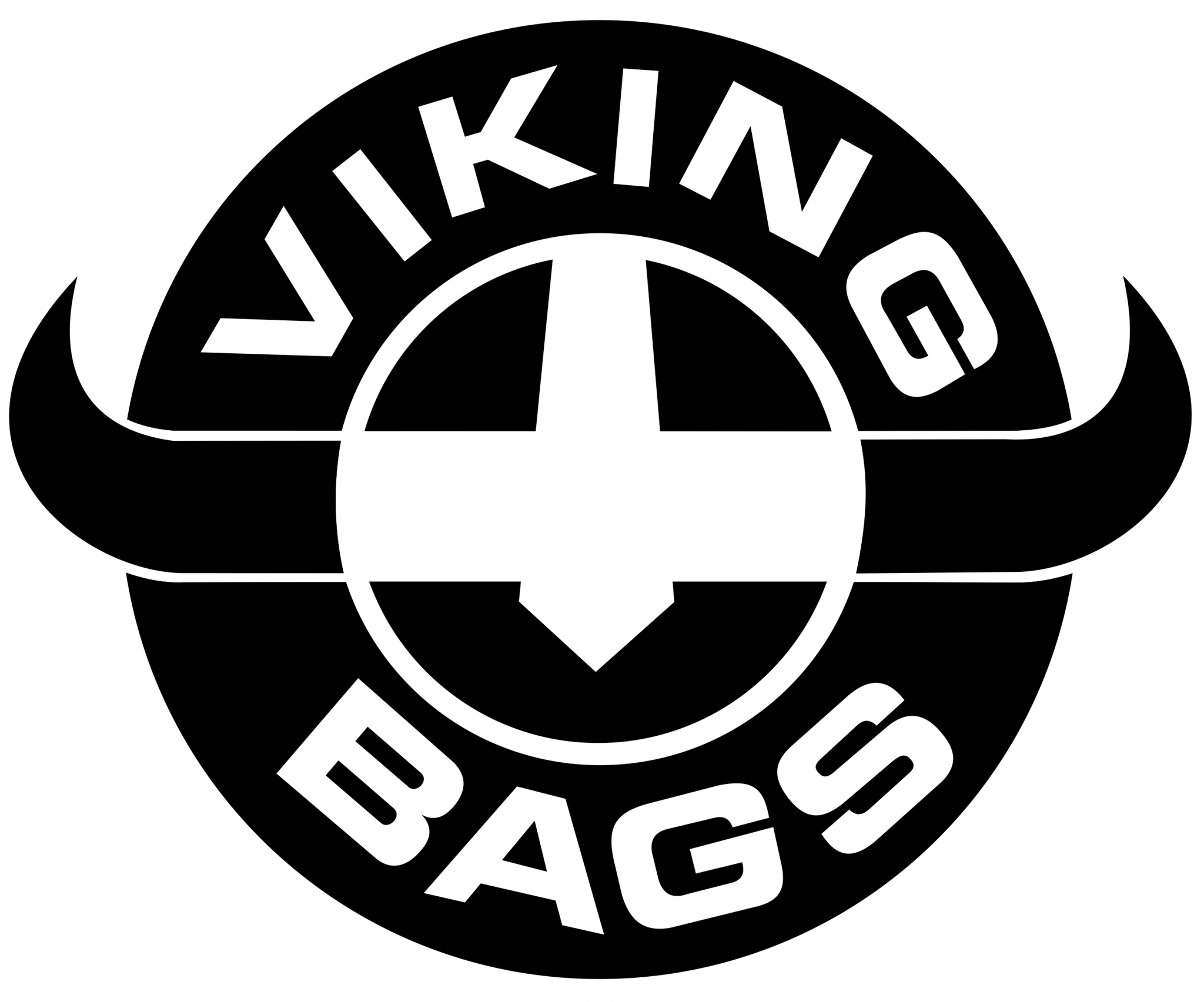
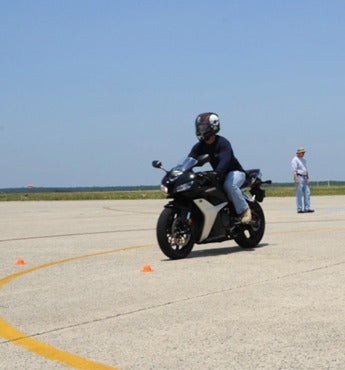


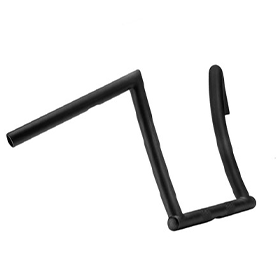



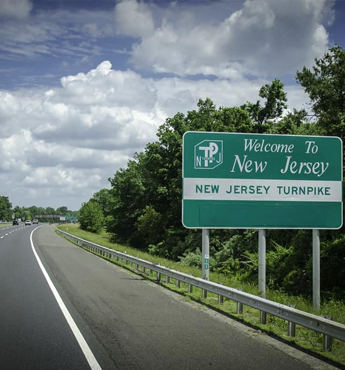





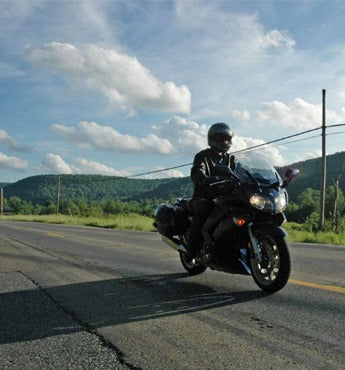
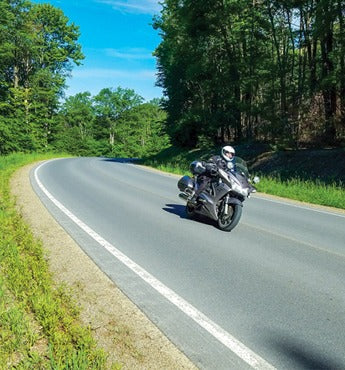
Leave a comment
All comments are moderated before being published.
This site is protected by reCAPTCHA and the Google Privacy Policy and Terms of Service apply.